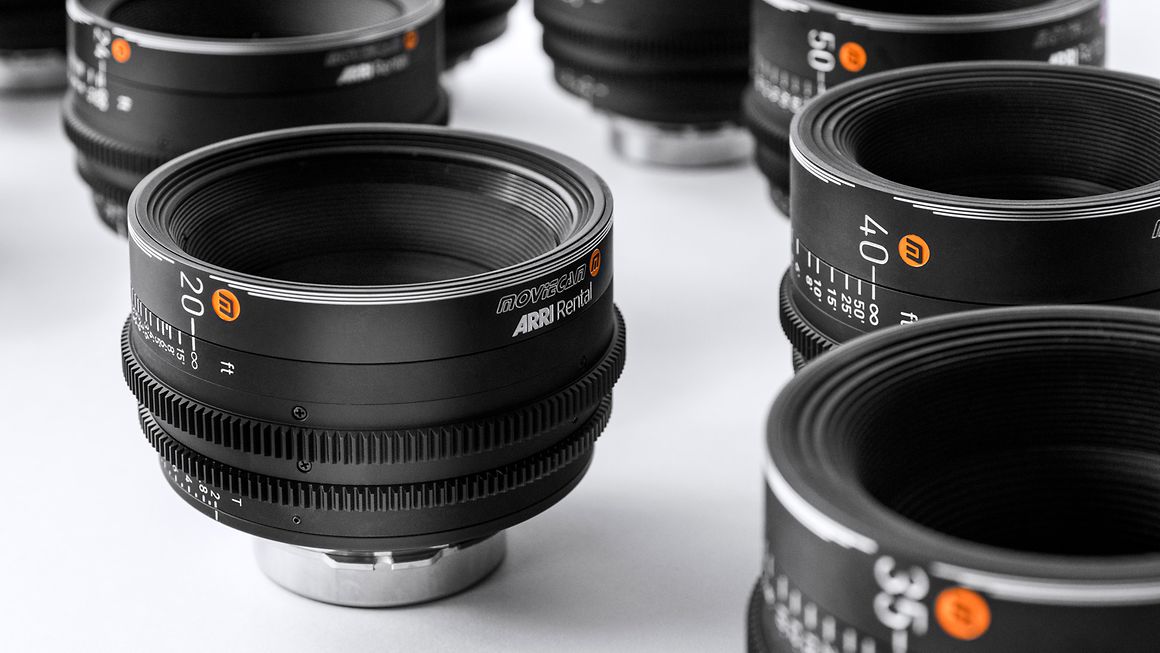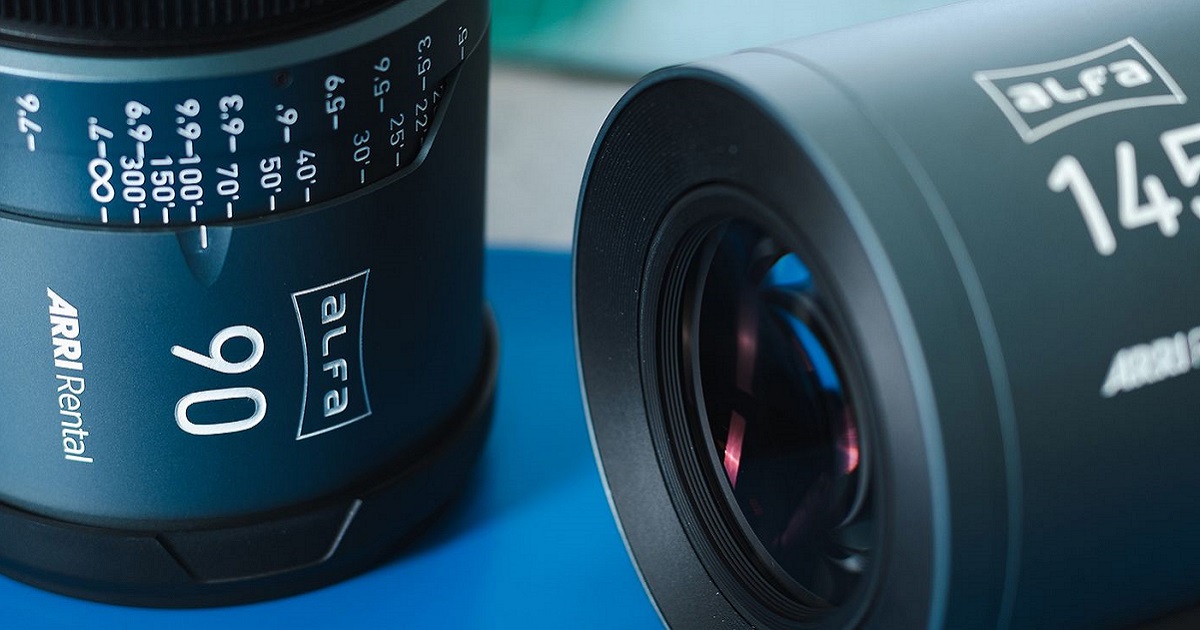
When director of photography Bradford Young was looking for lenses for Solo: A Star Wars Story, ARRI Rental showed him a work-in-progress lens they were planning on calling DNA for full-frame and 65mm cinematography. Now ARRI Rental has introduced two new large-format lens series: ALFA anamorphic lenses and Moviecam spherical lenses. Both series are LPL-mounted and incorporate LDA chips for efficient lens data workflows, making them suitable even for VFX-heavy productions.
The original idea behind the new ALFA lenses came from ARRI Rental’s longstanding relationship with cinematographer, Greig Fraser ACS, ASC, who was also a key collaborator on the DNA lens program.
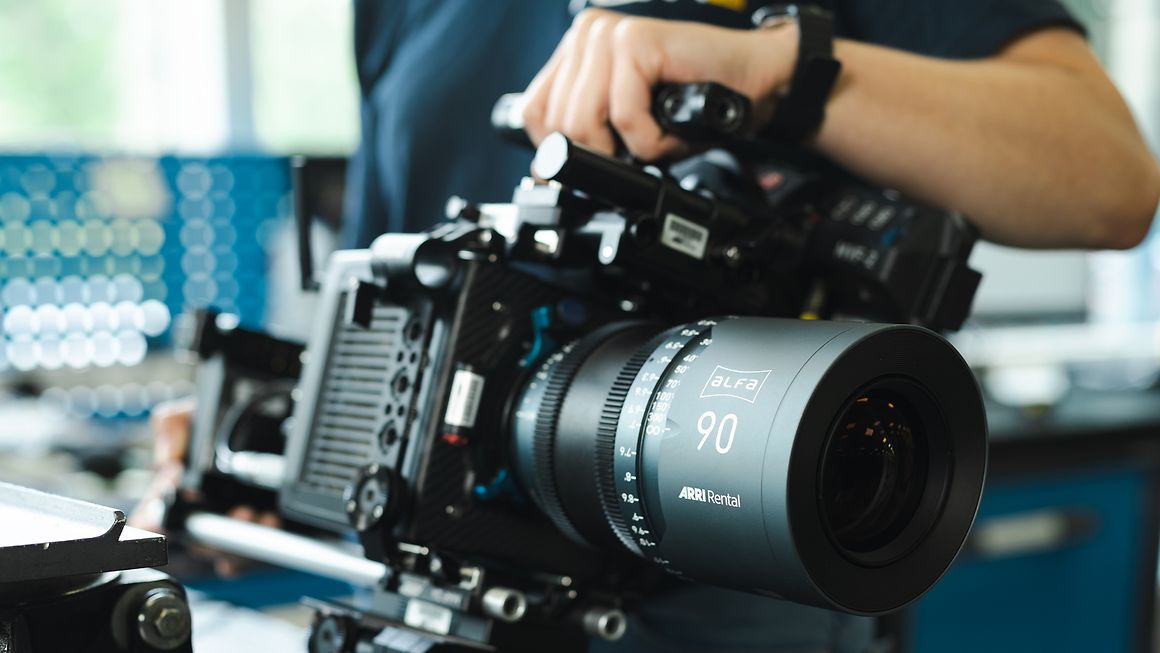
In response to Fraser’s request for fresh large-format anamorphic options, ARRI Rental modified sets of ARRI Master Anamorphic lenses, not just adapting them to cover the larger format, but redesigning and detuning them for a particular aesthetic.
The range comprises eight lenses from 40mm to 190mm. Most focal lengths are T2.5. The full list is 40, 47, 60, 72, 90, 108, 145 and 190mm.
The finished designs still contain some Master Anamorphic glass, but accompanied by other bespoke optical elements and modifications that combine to create a look that ARRI is saying is entirely new.
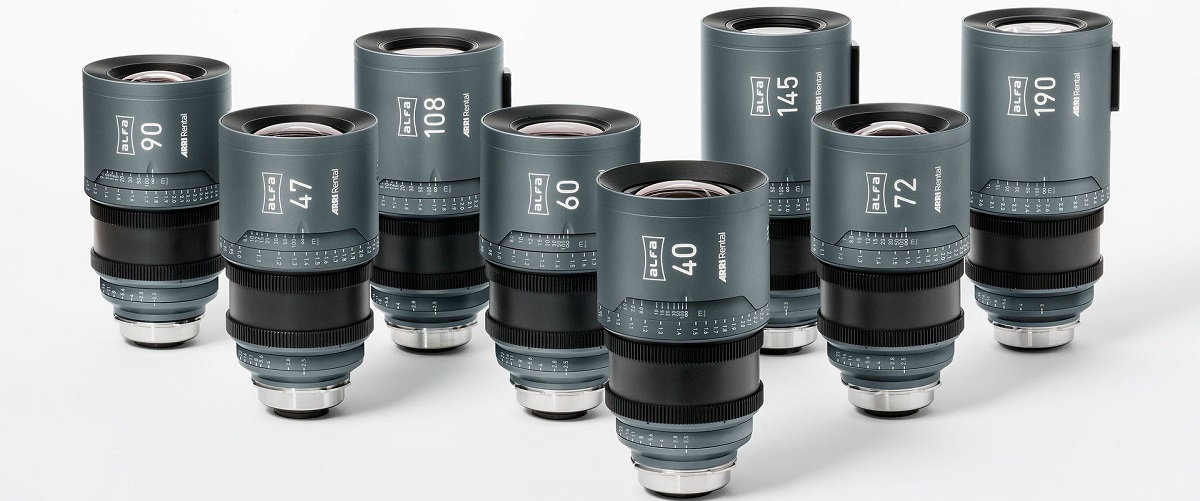
“Overall, the ALFAs have a softer, more textured feel than Master Anamorphics, while still rendering all of the detail inherent to the larger format. Out-of-focus areas are more characterful and deconstructed, with enhanced edge fall-off contributing to the stunning bokeh. Point source highlights are livelier, with slightly more conspicuous halation.”
ARRI goes on to describe the anamorphic look as being “more pronounced” and with it the cinematic feel. Enough, the company says, to class anamorphic large-format as a new visual; “One that can make a bold and exciting contribution to visual storytelling.”
The ARRI Rental Moviecam lenses “combine vintage glass and a cinematic backstory with modern, high-performance lens housings.” Compact and lightweight considering their full-frame coverage, they are available in 11 focal lengths ranging from 16mm to 135mm with a T2 stop across most of that range.
Moviecam lenses were first produced in the 1980s, using extremely high-quality donor glass dating from the 1970s. In the 1990s, ARRI acquired the Moviecam company and incorporated some of its camera technologies into the ARRICAM ST and LT, which were — and remain — the most advanced 35mm motion picture film cameras ever produced.
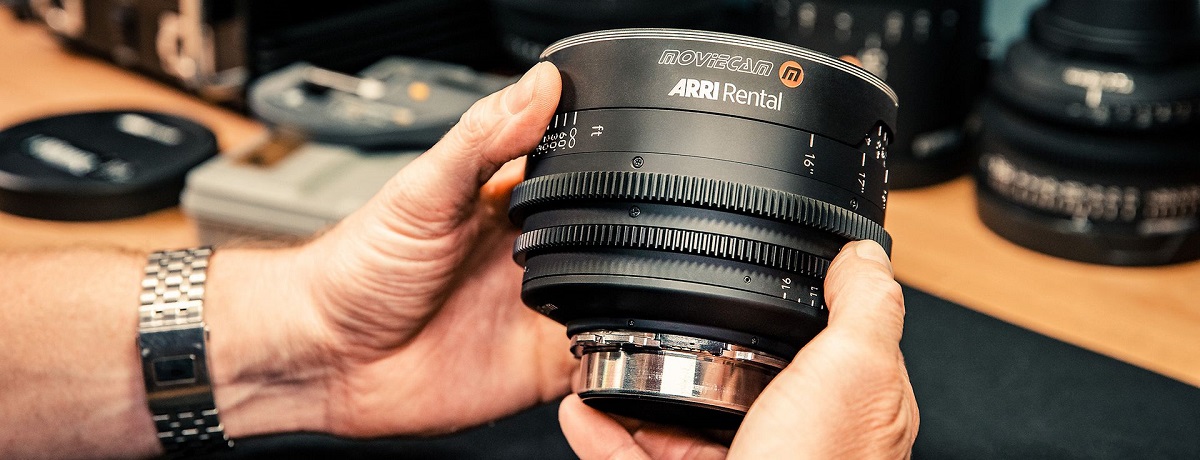
Recognizing their growing appeal to digital filmmakers seeking a vintage look, ARRI Rental has created a large number of consistent Moviecam lens sets, to be offered across all of its global territories. Following the original Moviecam design, ARRI Rental’s lens engineers have built the same 1970s optics into new lens housings.
“The Moviecams are characterized by their combination of a vintage look with highly practical ease of use,” the company states. “Aside from the 100 mm and 135 mm at T2.8, all of the lenses are T2, though the 60 mm goes a stop further to T1.5, offering an additional option for low-light situations and bokeh-enriched portraits. Optical performance is consistent throughout the range, making it a great choice for cinematographers who want a vintage aesthetic but also complete freedom to explore all focal lengths without creating work for themselves in post.”
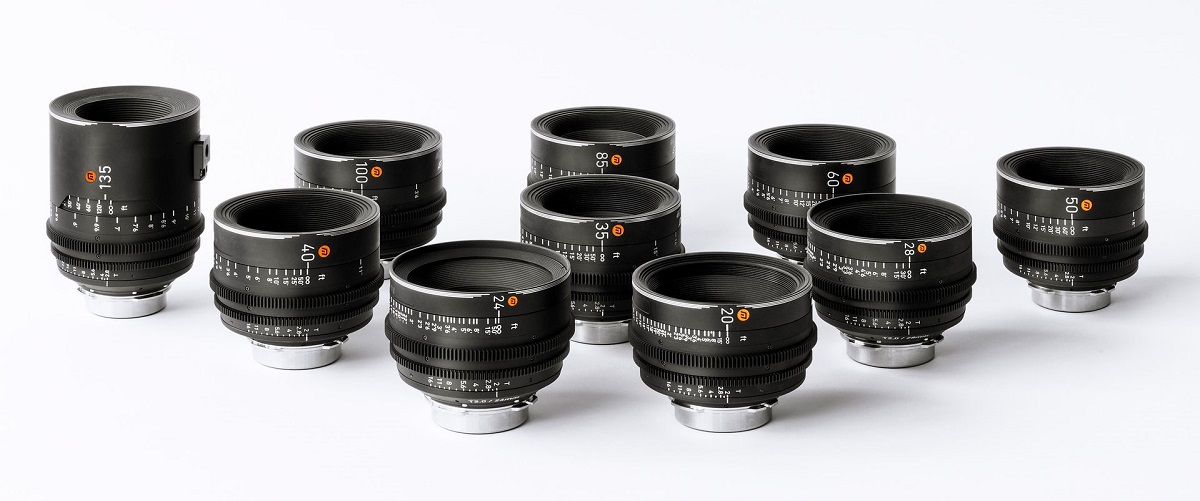
German cinematographer Christian Rein used prototype Moviecam lenses on a series for Netflix and an upcoming feature, commenting: “I like the quality of the vintage Moviecam glass, which looks very organic and soft, but without losing detail or drawing attention to itself. The Moviecams are very forgiving on the skin. The roundness of the lenses is outstanding, the bokeh looks very naturalistic, and if they flare, it doesn’t look as technical as with other lenses.”
